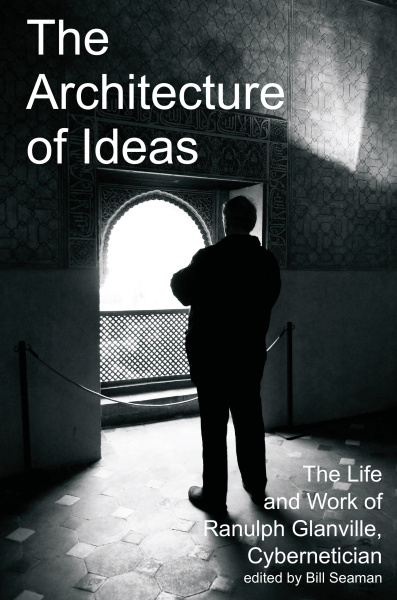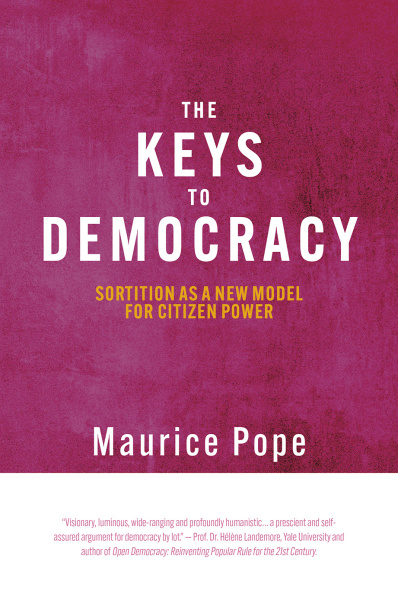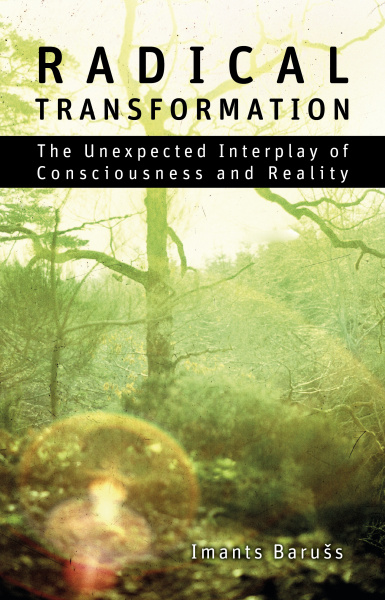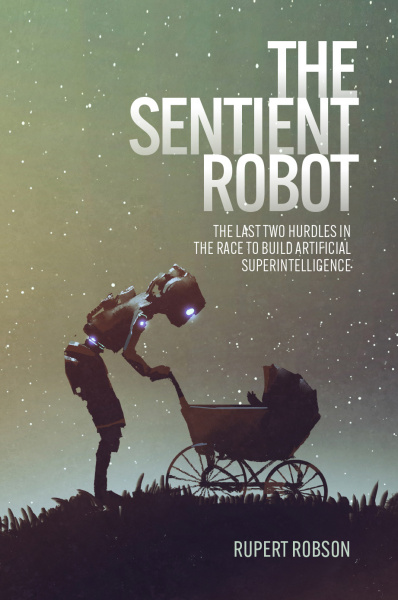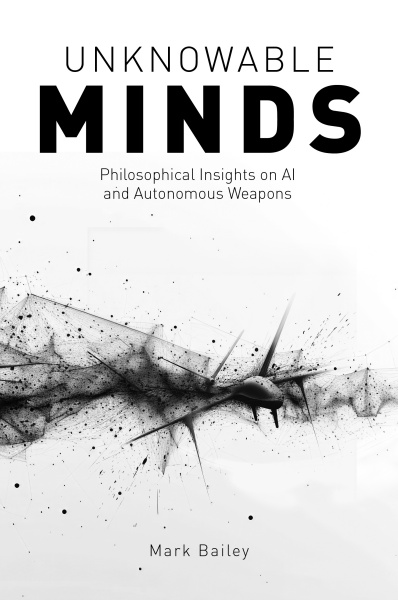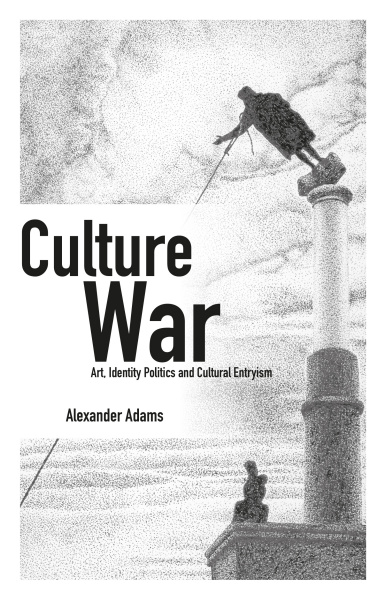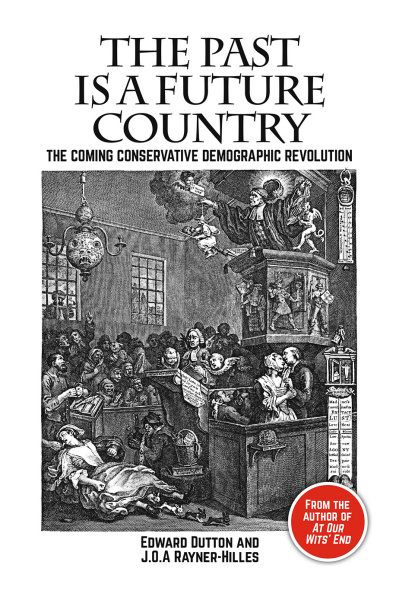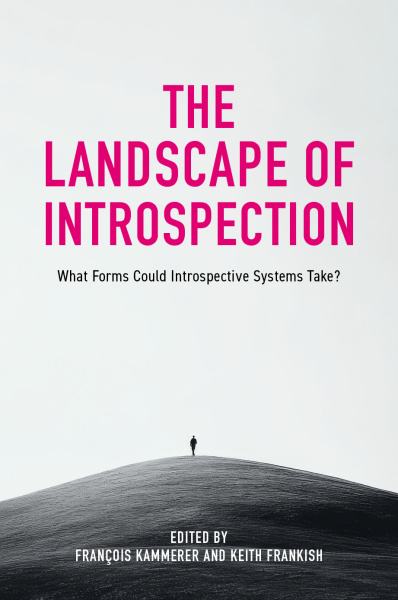Imprint Academic
-

Politics of Random Selection
Making Good Use of Sortition
Gil Delannoi begins with a general theory of political procedures and its relations with the typology of political regimes. Sortitive democracy is also studied as a third type distinct from the representative and direct types. Sortition is analysed through its main uses, effects, and objectives.
-

Against Sortition?
The Problem with Citizens' Assemblies
This book presents the institutionalization of sortition while questioning its political consequences in terms of representation and deliberation. Several examples are used, such as the Citizens' Climate Convention in France and the Conference on the Future of Europe.
-

Democracy in Crisis
Lessons from Ancient Athens
From the storming of the Capitol and the rise of authoritarian rhetoric and politicians to the challenge of global warming, liberal democracy faces a twin crisis of legitimacy and efficacy. Democracy in Crisis points to long neglected resources from the world's first democracy - Ancient Athens - prompting us to think beyond our current practices.
-

Idealism & Experience
The Philosophy of Guido de Ruggiero
Idealism & Experience: The Philosophy of Guido de Ruggiero comprises eight new critical essays, as well as English translations of five of de Ruggiero's most important shorter writings, which chart the development of his thought between 1914 and 1946.
-

Identity Politics and Tribalism
The New Culture Wars
This book guides the reader through a journey that connects the dots on the various fronts of the culture wars. There is a thread that links together the expressions of group and identity conflicts in today's West: from Left to Right, from SJWs to Trumpites, from feminism to the manosphere, and from critical race theorists to white nationalists.
-

ZAP
Free Speech and Tolerance in the Light of the Zero Aggression Principle
In ZAP, Gerard Casey presents a critical and unified approach to both free speech and tolerance based on the Zero Aggression Principle, keeping the critical discussion topical and grounded by reference to current events.
-

Democracy — A Work in Progress
An Irreverent Exercise in Political Thought
In this personal, and sometimes challenging, work the author argues that an idealised form of political government has been the goal of mankind since Plato himself. But political thinking has always been a theoretical exercise detached from reality. Little consideration was given to the fact that it is flawed humans who must implement these ideas.
-

The Tribe
The Liberal-Left and the System of Diversity
In The Tribe, Ben Cobley guides us around the 'system of diversity' that has resulted from identity politics, exploring the consequences of offering favour and protection to some people but not others based on things like skin colour and gender.
-

Michael Oakeshott: Notebooks, 1922-86
The sixth volume in the series Michael Oakeshott: Selected Writings. From the 1920s to the 1980s Oakeshott filled dozens of notebooks with his private reflections, both personal and intellectual. Their contents range from aphorisms to miniature essays, forming a unique record of his intellectual trajectory over his entire career.
-

The Chamberlain Legacy
In this book, the author has sought to re-examine the reputations of the Chamberlains by concentrating as much on their personal lives and the motives that drove them as on the mighty political events that dominated their times. His conclusions may surprise the reader.
-

Your Brain's Politics
How the Science of Mind Explains the Political Divide
In this brief introduction, Lakoff and Wehling reveal how cognitive science research has advanced our understanding of political thought and language, forcing us to revise common folk theories about the rational voter.
-

The Demarchy Manifesto
For Better Public Policy
Demarchy exploits the possibilities of modern communications to give new role to public discussion. It takes the initiative in formulating policy on each specific problem out of the hands of political parties and into the hands of those most strongly affected by that particular problem. John Burnheim explains why this needs to be done.
-

Orwell's Faded Lion
The Moral Atmosphere of Britain 1945-2015
This book confronts the actual direction taken by British society against the background of the high hopes of the generation that survived the war.
-

New Labour's Old Roots
Revisionist Thinkers in Labour's History
Fully updated and revised edition of New Labour's Old Roots.
-

History as Thought and Action
The Philosophies of Croce, Gentile, de Ruggiero and Collingwood
This is the first book-length study of the relationship between Benedetto Croce (1866-1952), Giovanni Gentile (1875-1944), Guido de Ruggiero (1888-1948) and Robin George Collingwood (1889-1943).
-

In the Name of the People
Pseudo-Democracy and the Spoiling of our World
Are our 'democracies' truly democratic? In the Name of the People examines the myth of modern democracy and finds it wanting.
-

Civil Society, Capitalism and the State
Part Two of the Liberal Socialism of T.H. Green
This book presents a critical reconstruction of the social and political facets of Thomas Hill Green's liberal socialism. It builds on Colin Tyler's The Metaphysics of Self-realisation and Freedom (2010), although it can also be read as a freestanding work.
-

Reaction
Against the Modern World
In this book the author explores the different facets of reaction and suggests that there is more to the concept than just a gratuitous insult.
-

The Scottish Political System Since Devolution
From New Politics to the New Scottish Government
This book presents a narrative of Scottish politics since devolution in 1999.
-

The Meanings of Michael Oakeshott's Conservatism
This collection of recent scholarship on the thought of Michael Oakeshott includes essays by both distinguished and established authors as well as a fresh crop of younger talent. Together, they address the meanings of Oakeshott's conservatism through the lenses of his ideas on religion, history, and tradition.
-

Lotteries in Public Life
A Reader
Until recently, there was no theory to make sense of lotteries and what they can do. The past few decades have changed that with a veritable renaissance of studies on lotteries. This book collects fourteen of the most important of these papers, and offers a critical introduction tying them together.
-

Against All Authority
Anarchism and the Literary Imagination
This volume examines historical and contemporary engagements of anarchism and literary production.
-

Democracy and the Fall of the West
Democracy is killing the West. That is the stunning conclusion of this book that tears apart the consensus underpinning modern political assumptions. It argues that the secret of the West's success is not Democracy, but Liberalism.
-

Christian Anarchism
A Political Commentary on the Gospel: Abridged Edition
Christian anarchism has been around for at least as long as "secular" anarchism. The existing literature cites Leo Tolstoy as its most famous (sometimes even as the only) proponent, but there are many others. This book presents Christian anarchism to both the wider public and the wider academic community.
-

Michael Oakeshott: Early Political Writings 1925-30
A discussion of some matters preliminary to the study of political philosophy' and 'The philosophical approach to politics
This volume contains two previously unpublished works, a manuscript entitled 'A Discussion of some Matters Preliminary to the Study of Political Philosophy', and the first version of a course of lectures on 'The Philosophical Approach to Politics' that Oakeshott gave between 1928 and 1930.
-

The Metaphysics of Self-realisation and Freedom
Part One of the Liberal Socialism of Thomas Hill Green
This first part of Colin Tyler's new critical assessment of the social and political thought of T.H. Green (1836–1882) explores the grounding that Green gives to liberal socialism.
-

The Legacy of Leo Strauss
This volume of essays opens up the topic of Leo Strauss and the Straussians to those outside the relatively narrow circles who have been concerned with him and his followers up to now.
-

Sortition
Theory and Practice
Essays deriving from the conference "Selection by Lottery: Theory and Practice" held in 2008 under the auspices of Sciences Po, in Paris.
-

Premiership
The Development, Nature and Power of the Office of the British Prime Minister
This book combines the methods of history and political science to produce theories of the development, nature and power of the premiership, and to explain the implications for present politicians and analysts.
-

Christian Anarchism
A Political Commentary on the Gospel
Christian anarchism has been around for at least as long as "secular" anarchism. The existing literature cites Leo Tolstoy as its most famous (sometimes even as the only) proponent, but there are many others. This book presents Christian anarchism to both the wider public and the wider academic community.
-

Political Leadership in Liberal and Democratic Theory
The working hypothesis of this book is that the issue of leadership is neglected by mainstream democratic and liberal theories.
-

Moral, Social and Political Philosophy of the British Idealists
The British idealists of the late 19th and early 20th century are best known for their contributions to metaphysics, logic, and political philosophy. Yet they also made important contributions to social and public policy, social and moral philosophy and moral education, as shown by this volume.
-

The Political Potential of Sortition
A study of the random selection of citizens for public office
The central feature of every true lottery is that all rational evaluation is deliberately excluded. Once this principle is grasped, the author argues, we can begin to understand exactly what benefits sortition can bring to the political community.
-

Darwinian Conservatism
A Disputed Question
A reprint of Larry Arnhart's essay Darwinian Conservatism with comment and criticism from a variety of contributors.
-

Religion, Politics, Evangelism
This book seeks to show how religion is controlled by political ideologies, and how evangelism is moulded and manipulated by the demands of the dominant political order of the day.
-

Unlearning
Or how NOT to be governed?
The aim of this book is to show why we should hold 'unlearning' to be a crucial ‘capability’ in and for education at this point in our history.
-

The Democratic Theory of Michael Oakeshott
Discourse, Contingency and the Politics of Conversation
This book offers a description, explanation, and evaluation of Michael Oakeshott's democratic theory. He was not a democratic theorist as such, but as a twentieth-century English political theorist for whom liberal theory held deep importance, his thought often engaged democratic theory implicitly, and many times did so explicitly.
-

Vocabulary of a Modern European State
Essays and Reviews 1953-1988
The Vocabulary of a Modern European State is the companion volume to The Concept of a Philosophical Jurisprudence and completes the enterprise of gathering together Oakeshott's previously scattered essays and reviews.
-

Anti-Democratic Thought
This book marks the start of a daring new debate and re-introduces anti-democratic thought and practice to the academic discourse and into the syllabus. It wishes to offer a serious discussion of anti-democratic thought, rather than an apology of democracy.
-

Independent
The Rise of the Non-aligned Politician
Richard Berry traces the increase in independent MPs using case studies and interviews to test the theory that these are not isolated cases, but part of a permanent trend in British politics,a shift away from the party system in favour of independent non-aligned representatives of the people.
-

A People's Parliament/A Citizen Legislature
Two essays, printed back to back in a single volume, offer complementary solutions to the democratic deficit in Britain and the USA.
-

Liberty, Authority, Formality
The essays in this volume are all inspired by the historical scholarship of J.C. Davis. Davis's analyses of groups like the Levellers and individuals like Gerrard Winstanley and Oliver Cromwell has reoriented the inquiry around the contemporary moral themes of liberty, authority and formality -- around which concepts this volume engages.
-

Sovereignty
History and Theory
This innovative research monograph on sovereignty argues that the historical examination of the concept and the conceptual analysis of sovereignty are interdependent.
-

Michael Oakeshott, the Ancient Greeks, and the Philosophical Study of Politics
This book addresses a question fundamental for Oakeshott throughout his life, which is what we are doing when we read and discuss some memorable work in the history of political thought.
-

The Greek Inheritance
Ancient Greek wisdom for the digital era
The Greek Inheritance traces the conflict between Greek values and those of the repressive, religious or capitalist order throughout the millennia. The book is challenging and well-written with a light, humorous touch.
-

Quest for Civil Order
Politics, Rules and Individuality
Examines four notable thinkers in the field of modern social and political theory, with a view to determining how far it is possible to create and maintain a non-coercive but sustainable political order under conditions of diversity in contemporary Western democracies.
-

Joseph Conrad Today
This book argues that the novelist Joseph Conrad's work speaks directly to us in a way that none of his contemporaries can. Conrad's scepticism, pessimism, emphasis on the importance and fragility of community, and the difficulties of escaping our history are important tools for understanding the political world in which we live.
-

Devolution, Law Making and the Constitution
Law making is a primary function of government, and how well the three devolved UK legislatures exercise this function will be a crucial test of the whole devolution project. This book provides the first systematic study and authoritative data to start that assessment.
-

Paradoxes of Power
Reflections on the Thatcher Interlude
The book describes Sir Alfred Sherman's early relationship with Sir Keith Joseph and his own role in the formation of the Centre for Policy Studies in 1974. Sherman examines the origins and development of 'Thatcherism', but concludes that the Conservative administrations of the 1980s were, for the most part, an ‘interlude’.
-

Principles and Politics in Contemporary Britain
This book shows the importance of political ideas in policy-making and demonstrates the extent to which pragmatic considerations preclude the imposition of rigid ideological programmes.
-

Great Immigration Scandal
This book outlines the events that led to the decision that the author could no longer participate in a policy that appeared to be at odds with the intentions of Parliament. This book includes an analysis of the relevant scholarly literature in demography, economics and psychology.
-

Village Democracy
The author passionately sets out his argument for radical decentralisation of power as the only answer to the current crises in politics, trade, ecology, and international affairs.
-

Conservative Consensus?
Housing Policy Before 1997 and After
New Labour would like to portray 1997 as a new beginning for public policy, but Peter King argues that we now have, in housing and in other areas of public policy, a consensus based on Thatcherite reforms.
-

Putting Morality Back into Politics
Machiavelli almost succeeded in removing morality from European politics and, indeed, since his day it has sometimes been assumed that morality and politics are separate. Ryder argues that the time has come for public policies to be seen to be based upon moral objectives.
-

Referendum Roundabout
A lively and sharp critique of the role of the referendum in modern British politics.
-

Mendacious Colours of Democracy
An Anatomy of Benevolent Lying
'Politics is a noble, but also a dirty, business. To gain election — and retain office — politicians are frequently compelled to be dishonest. They engage in benevolent lying because obstruction by stupid voters will otherwise stop them advancing the national interest as they see it.' So claims the author of this eye-opening book.
-

Darwinian Conservatism
This book suggests that Darwinian biology sustains conservative social thought by showing how the human capacity for spontaneous order arises from social instincts and a moral sense shaped by natural selection in human evolutionary history.
-

Doing Less with Less
Making Britain More Secure
The only way to avoid dodgy dossiers and dubious foreign adventures is to acknowledge that the post-Cold War world is a far safer place than neoconservative rhetoricians would have us believe. The Ministry of Defence should reclaim its pre-Orwellian meaning and the armed forces should be scaled back accordingly.
-

Justice by Lottery
This book is about the virtues and social justice of random distribution. This revised second edition includes a new introduction.
-

From a Necessary Evil to an Art of Contingency
Michael Oakeshott's Conception of Political Activity
This book presents a comprehensive study of Oakeshott's conception of political activity. The author first examines Oakeshott in the contexts of liberal, conservative and Idealist thought, and then presents a detailed interpretation of the change in his conception of politics in the context of British postwar political thought.
-

Tony Blair and the Ideal Type
The 'ideal type' is Max Weber's hypothetical leading democratic politician, whom the author finds realized in Tony Blair.
-

Snake That Swallowed Its Tail
Some Contradictions in Modern Liberalism
Tracing its effects through the media, politics and the public services, the author argues that hollowed-out liberalism has helped to produce our present discontent.
-

Limits of Political Theory
Oakeshott's Philosophy of Civil Association
This book examines Oakeshott's political philosophy within the context of his more general conception of philosophical understanding. The book stresses the underlying continuity of his major writings on the subject and takes seriously the implications of understanding the world in terms of modality.
-

Party's Over
Blueprint for a Very English Revolution
This book examines the historical forces that gave rise to the modern political party and questions its role in the post-ideological age. If we all now share the liberal market consensus, then what is the function of the party?
-

Off with Their Wigs!
Judicial Revolution in Modern Britain
On Thursday June 12th 2003, a press release concerning a Cabinet reshuffle declared as a footnote that the office of Lord Chancellor was to be abolished and that a new Supreme Court would replace the House of Lords as the highest court in the United Kingdom. This book critically analyses the Government's proposals.
-

Michael Oakeshott on Hobbes
While many commentators have noted the importance of Hobbes for understanding Oakeshott's thought itself, this is the first book to provide a systematic interpretation of Oakeshott’s philosophy by paying close attention to all facets of Oakeshott’s reading of Hobbes.
-

Modernisation Imperative
This book argues that contemporary society in Western democracies is generally misunderstood to be a pyramidal hierarchy dominated either by government or the economy. Neither view is correct.
-

Democracy, Fascism and the New World Order
Democracy is not a universal good, it is a political system, and like all political systems it is open to corruption. The word 'democracy' means ‘rule by the people’, not rule by a simple majority. To achieve rule by all the people, it used to be accepted that as much of civil life should be kept out of party politics as possible.
-

Metaphysics, Method and Politics
The Political Philosophy of R.G.Collingwood
This book argues that Collingwood developed a complete political philosophy of civilization. It also demonstrates that his philosophical work comprises a unity in which there is no fundamental discontinuity between his earlier and later writings.
-

T.H.Green and the Development of Ethical Socialism
This book uncovers the philosophical foundations of a tradition of ethical socialism best represented in the work of R.H. Tawney, tracing its roots back to the work of T.H. Green.
-

Liberty Option
The Liberty Option advances the idea that for compelling moral as well as practical reasons it is the free society -- with the rule of law founded on the principles of private property rights, its complete respect for individual sovereignty and properly limited legal authorities -- not one or another version of statism that serves justice best.
-

Last Prime Minister
Being Honest About the U.K. Presidency
In The Last Prime Minister the author shows the British people how they have acquired an executive presidency by stealth. It is the first-ever attempt to codify the Prime Minister's powers, many hidden in the mysteries of the royal prerogative.
-

Case Against the Democratic State
An Essay in Cultural Criticism
We are now so familiar and accepting of the State's pre-eminence in all things that few think to question it, and most suppose that democratic endorsement legitimizes it. The aim of this book is to present a compelling argument against both presumptions.
-

Rape of the Constitution?
This text is compiled of essays critical of the Government's handling of constitutional reform in relation to Europe, Westminster and devolution.
